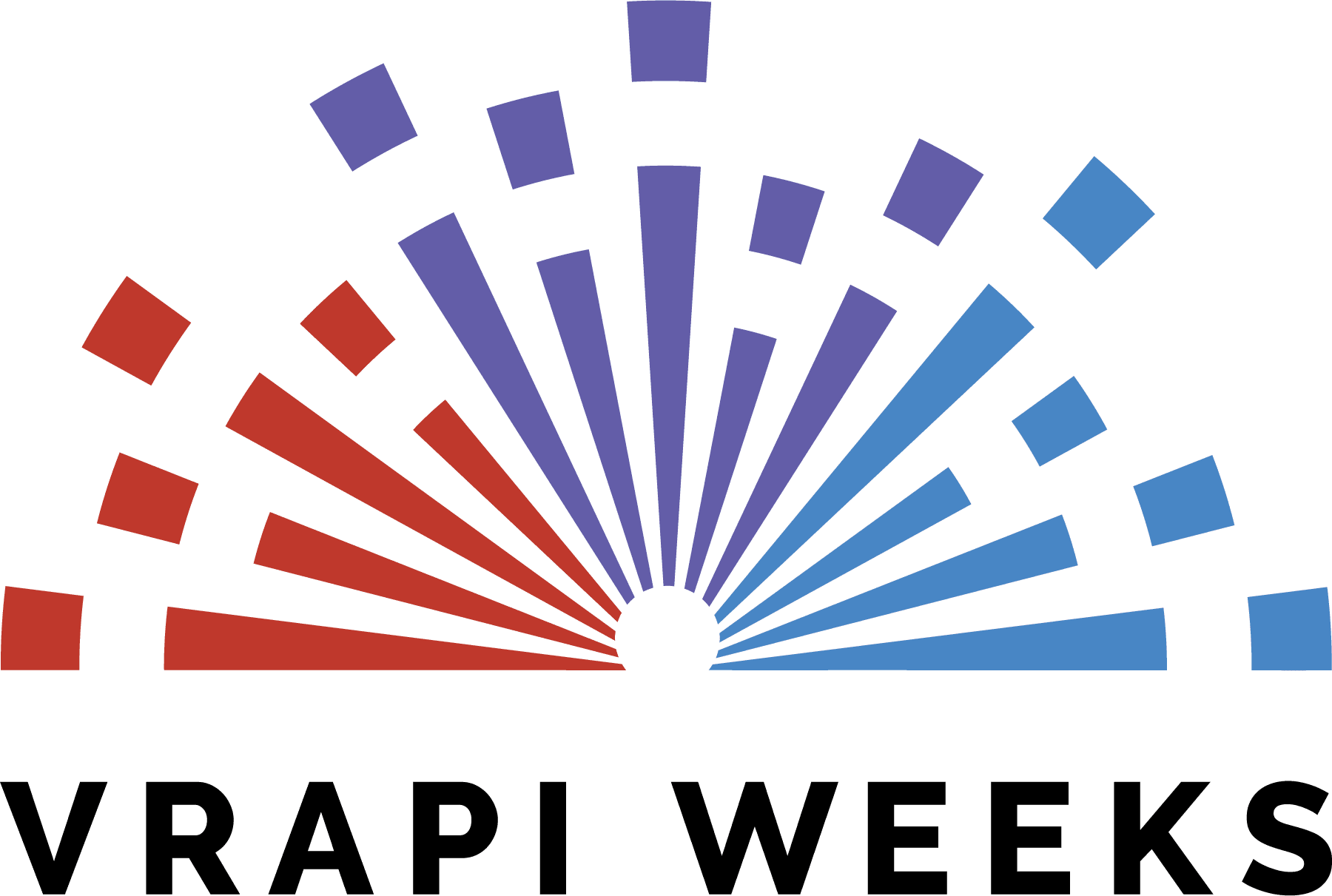The U.S. immigration system is pretty antiquated, so new developments like the emergence of widespread remote work creates issues that can be insurmountable at times for H-1B employers and employees. This post will not cover all the possible problems that remote work brings; it will only focus on wage and worksite issues.
H-1B petitions are employer-specific, employee-specific, position-specific, and worksite-specific. If any of the above four things changes, a new petition must be filed. The first two are evident; if there is a change of employer or employee, the H-1B is no longer valid. The last two are less “in-your-face” obvious and get missed a lot. This creates problems since if an amended petition is not filed before the change occurs, it is considered a status violation.
Let’s focus on the last one: worksite changes. Before the pandemic, this was a rare occurrence. When most everyone worked at an employer’s physical location, worksite changes typically occurred when the employer changed locations. This was a planned event, and amended petitions were done on a timely basis. However, with the emergence of work-from-home (WFH), the worksite has become much more mobile. This creates two problems. First, every time someone moves homes, it requires action on the part of the employer to ensure compliance and maintenance of status. Second, the new location may have a prevailing wage above what the employer pays. Let’s look at each in turn.
A WFH employee who moves within the same metropolitan statistical area (MSA) requires the employer to repost the LCA at their new “worksite” or new home before the move. This is easy to do and can be accomplished with minimal effort. However, a move to a different MSA requires a new LCA and an amended H-1B petition to be filed before the action. As employees move more frequently, especially when a spouse gets a job in a different state or for other personal reasons, amended petitions are becoming more frequent. Employers and employees must be vigilant of this rule and inform their attorneys to file amended petitions before the move occurs to maintain status. If the activity has already happened, absent an argument for circumstances outside one’s control, USCIS can deny the amended stay. In this case, the employee can return to work from headquarters or travel outside the US, reenter based on the newly amended petition, and continue working from home. So while the fixes are disruptive to one’s life, they are not the end of the world.
The more significant issue arises with wages. An H-1B employer is required to pay the prevailing wage. The prevailing wage is typically determined by DOL data based on position classification and location. The wage data can vary widely from place to site. For example, the prevailing wage for an experienced data scientist in Albuquerque, NM, for 2023 is $78,478/year. The salary for the same data scientist in San Francisco, CA, is $153,088/year, a 95% jump. So if an employee working from home moves from Albuquerque to San Francisco, not only does it require an amended H-1B petition for the location change, but it also requires the employer to pay a much higher wage now. When faced with this problem, employers and employees have only three viable options: 1. Pay a higher salary; 2. The employee moves to another area where the prevailing wage is at or below what the employer is paying; or 3. Terminate the employment relationship.
H-1B rules are pretty intricate and require careful management to comply. If you have questions, schedule a consultation with one of our experienced attorneys to help you navigate the maze of immigration law.


